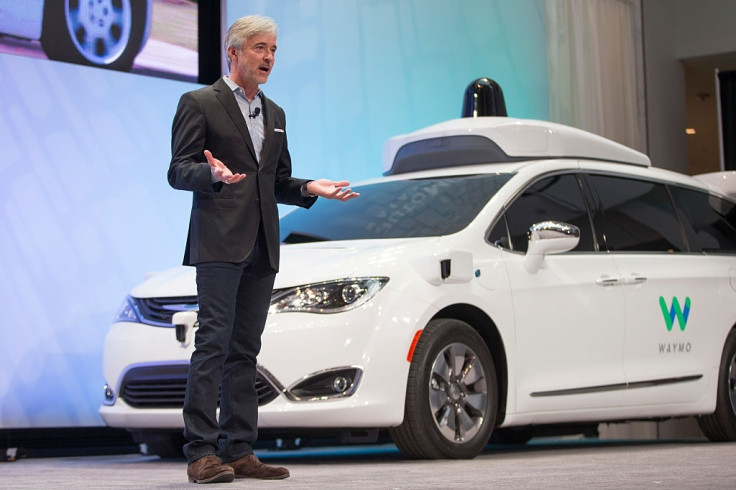Driverless cars: Men and women have very different opinions on letting go of the wheel
Baby boomers strongly against fully automated vehicles.
The age-old sexist stereotype that men are better drivers than women could soon be forgotten - because no one will be driving a car at all.
As companies continue to improve self-driving technology, the need for car pilots will eventually become obsolete. According to new figures from Reuters research firm Ipsos, men are going to be a lot more comfortable with the transition than women.
A study of 2,600 people in the US found that 38% of men would be comfortable giving up control of their vehicles to automation. Just 16% of women were happy to do the same.
Overall, about a quarter of respondents (27%) said they would feel safe in a driverless car. Some 67% said they would not travel unless there was a driver.
An age group breakdown did not surprise, with millennials (those born between 1982 and 2004) the most willing to accept self-driving cars at 38%. Gen-X (born between 1965 and 1981) were slightly less accepting at 27%.
The Baby Boomers (born between 1946 and 1964) were staunchly against the technology. Some 79% said they would not accept driverless cars. It was the biggest rejection from any age or sex surveyed.
Autopilot cars have existed for years, most notably in the Tesla model vehicles but true autonomy is not yet available. Companies such as Waymo are working to introduce driverless taxis and have been trialling the vehicles.

California resident Phoebe Barron told Reuters: "I don't want to be the first guinea pig."
Colorado local Sonja Coy said she was open to the idea but cautious.
"Self-driving cars are a great innovation and technology with a lot of potential," Coy said. "However, I'm concerned with how liability will fall in the case of accidents, where there are both self-driving and regular cars on the road."






















